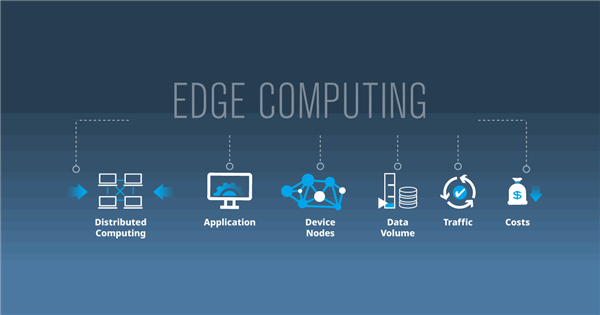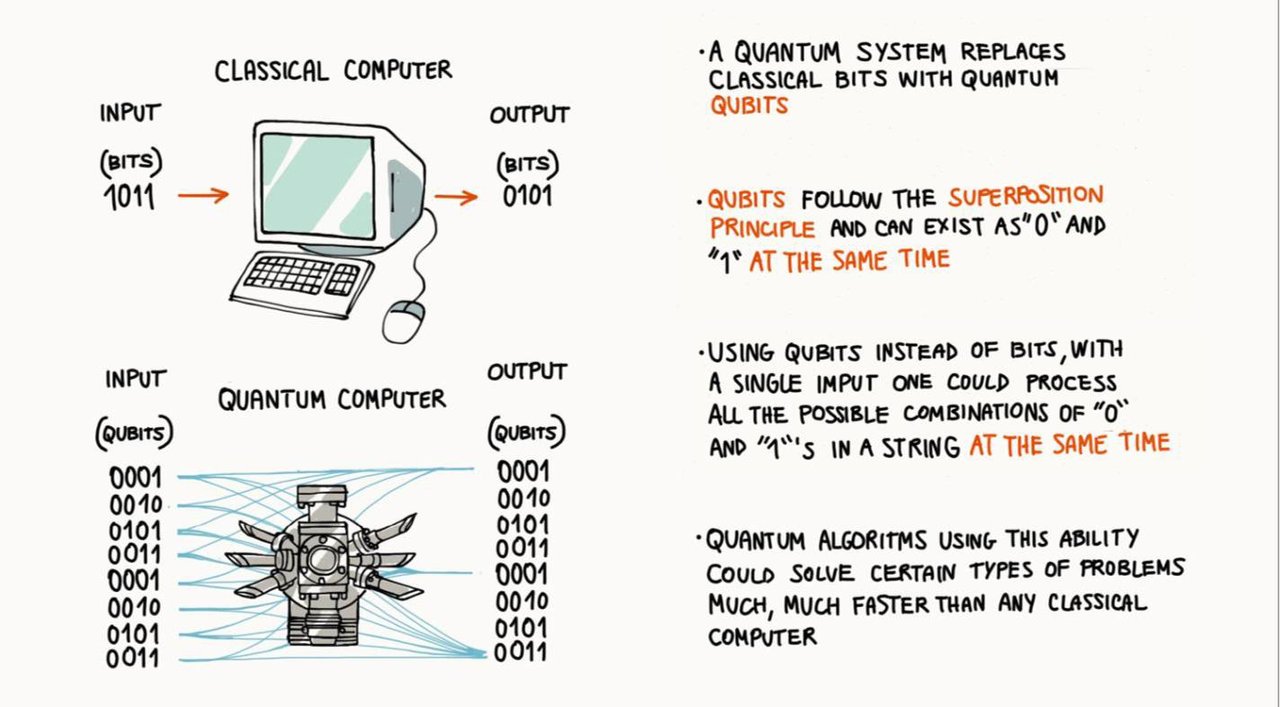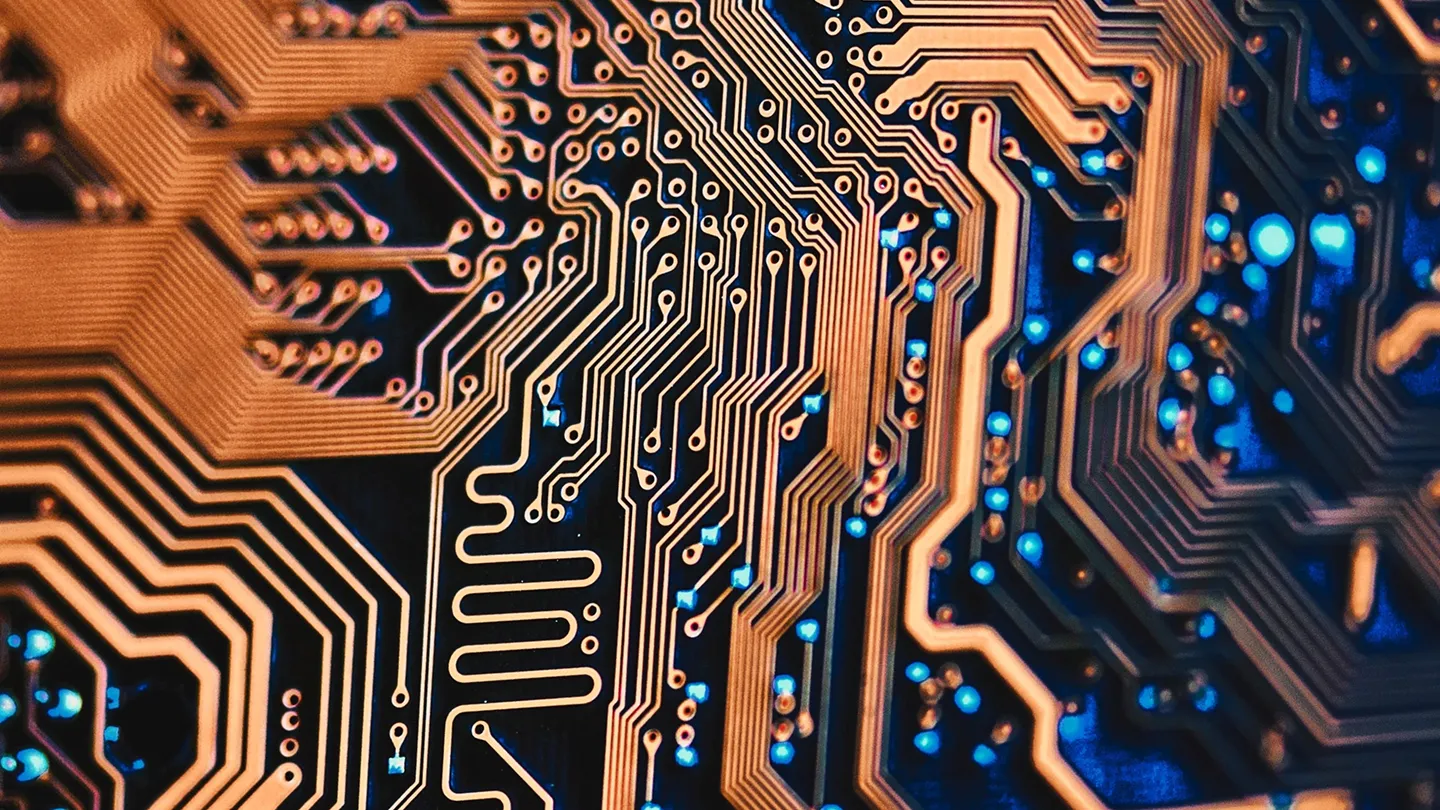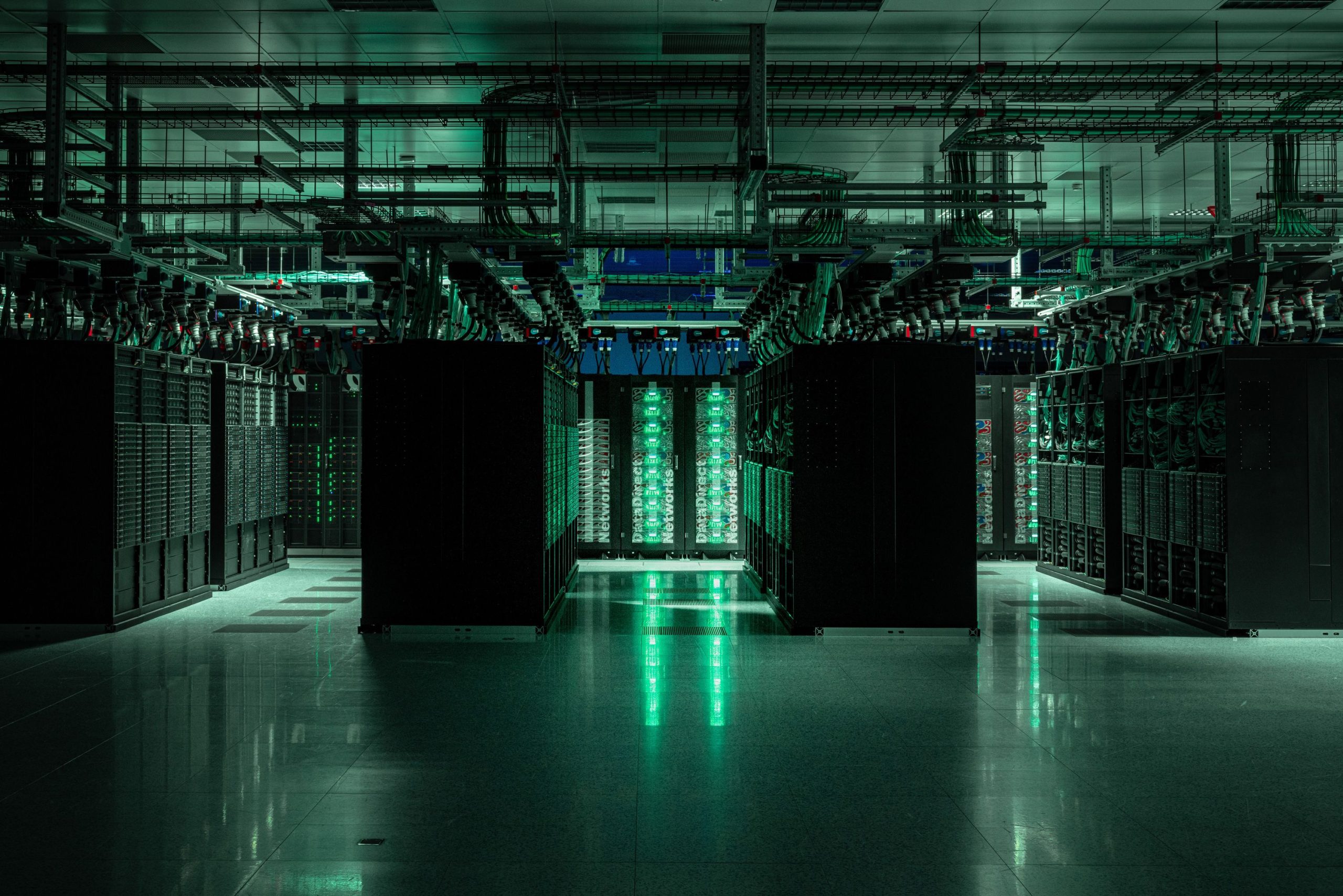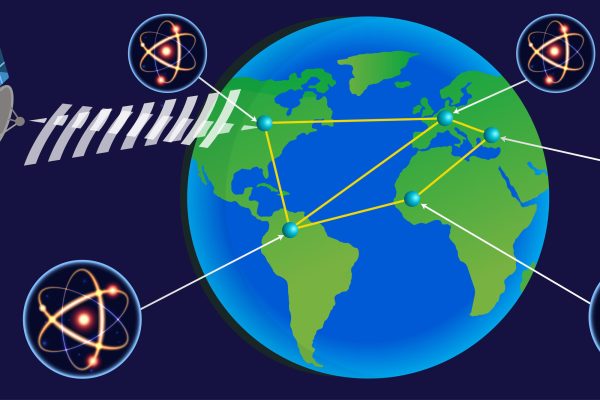
Quantum Networking, The Next Frontier in Computing Connectivity
In 2025, quantum networking is emerging as a transformative force in computing, promising to revolutionize how data is transmitted and processed. Unlike classical networks that rely on electrical signals, quantum networks utilize quantum bits, or qubits, which can exist in multiple states simultaneously. This property enables the transmission of information with unprecedented speed and security,…




